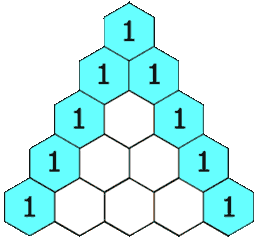Problem: You are given an array prices where prices[i] is the price of a given stock on the ith day.
You want to maximize your profit by choosing a single day to buy one stock and choosing a different day in the future to sell that stock.
Return the maximum profit you can achieve from this transaction. If you cannot achieve any profit, return 0.
Example:
Input: prices = [7,1,5,3,6,4] Output: 5 Explanation: Buy on day 2 (price = 1) and sell on day 5 (price = 6), profit = 6-1 = 5. Note that buying on day 2 and selling on day 1 is not allowed because you must buy before you sell.
Input: prices = [7,6,4,3,1] Output: 0 Explanation: In this case, no transactions are done and the max profit = 0.
Approach: One way to do it is we can maintain an array leftMin where leftMin[i] will give the minimum value in the prices[0...i]. Similarly we can maintain an array rightMax where rightMax[i] will give the maximum of prices[i...n-1]. It is obvious that maximum of all the rightMax[i] - leftMin[i] where i = 0...n-1 will be our answer.
The above approach is a big optimiztion over brute force approach but it's still doing three iterations and moreover the space is 2*n. Let's try to do better.
Instead of maintaining rightMax array we can have a variable maxElement which gives at any ith index the maximum of prices[i...n-1] and then we can just return the max of maxElement - leftMin[i] for i = 0...n-1. See now we have just save n space and also we are saving one iteration.
If we see like maxElement, we can maintain a minElement which gives at ith index the min of pices[0...i], so now do we need to actually need to create any addition array? No right. Actually we don't need maxElement from right. At any i (i = 0...n-1), if we have Min(prices[0...i]) which is our minElement, we can say the max profit using prices[i] will be prices[i] - minElement so if we take max of all prices[i] - minElement for every i = 0...n-1 then we will have our answer.
That's all!
Implementation in C#:
Using left min array:
Without using extra space:
Complexity: O(n)

